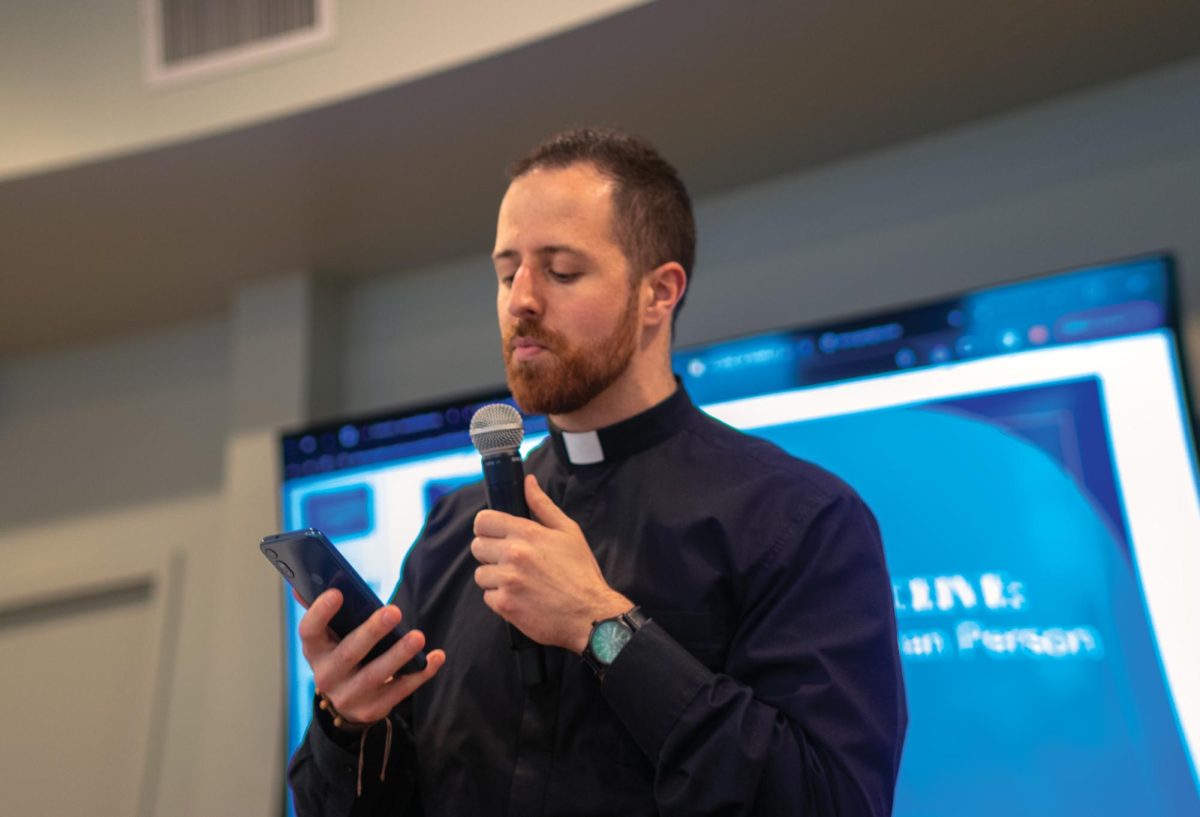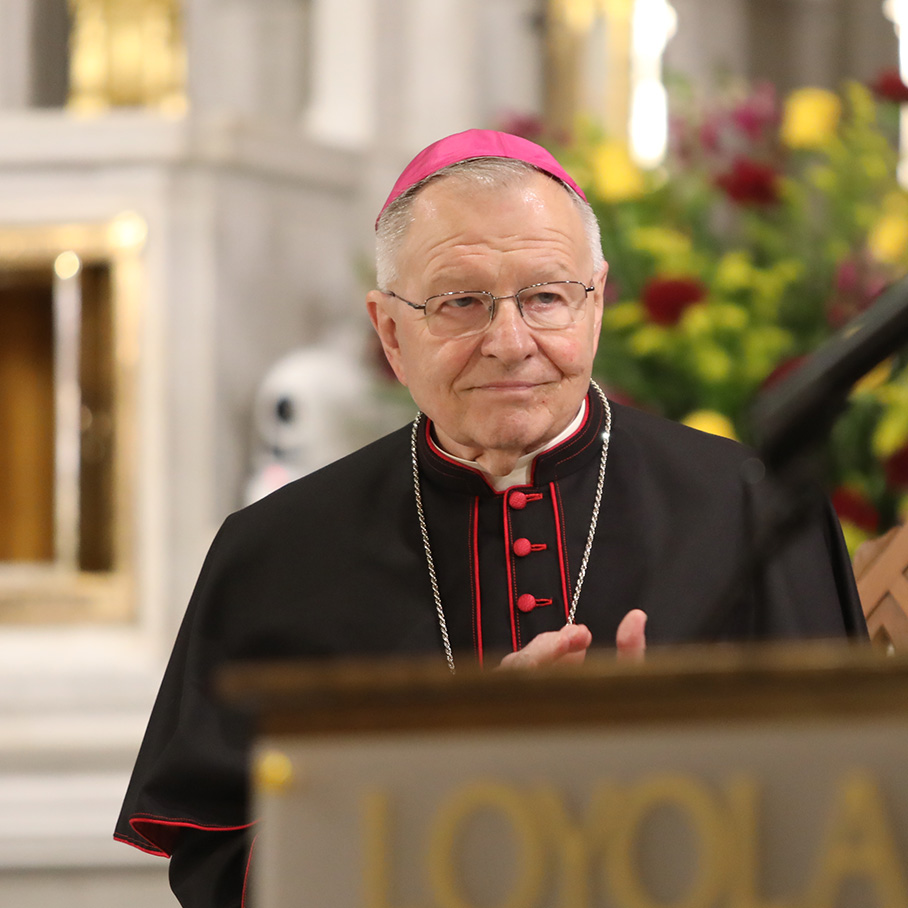As the Church begins the season of Lent, Loyola members, like Ken Weber, reflect on the beads, festivities and debauchery that come during Mardi Gras.
What is seemingly the biggest party in the country is a religious-based celebration originally introduced as a glorification of God post-Christmas and pre-Lent. Mardi Gras is seen by the religious to be an expression of gratitude for all God has given to us, namely His son.
Though some see the Mardi Gras celebrations as sinful, Ken Weber, the Associate Chaplain for Liturgy and Music, clarifies that just because something is fun, that does not mean it is un-Godly.
“The sins of gluttony, licentiousness and lust are committed in our culture 365 days per year,” Weber said in an email. “If people sometimes misuse the Mardi Gras holiday as an opportunity to engage in these and other actions that distance them from the image of God in which we are all created, that’s their choice.”
Sociology senior Elizabeth Gooch considers herself to be a religious person trying to balance the experience of Mardi Gras and the preparation of Lent. She sees the partying as something worth experiencing with friends and family.
“Like Christmas, it has been turned into a commercialized party,” Gooch said. “This situation is exacerbated because we’re in the heart of Mardi Gras.”
For non-Catholics, Lent is seen as a time for giving up something that weakens one’s relationship with God. According to Weber, the importance of Lent is the preparation for the most important day in the Church calendar, Easter, and should be a purification process that allows for full appreciation of Jesus’ resurrection.
Loyola students face the balance of society’s norms and Jesuit values every day, especially in the Carnival season.
“Loyola has taught me to question what our society puts emphasis on and why,” Gooch said.
Weber explains that during Lent, Catholics are called to imitate Christ in order to strengthen and maintain a relationship with God.
Loyola will host a Lenten series and offer retreats and service opportunities to provide the individual with what he or she needs to broaden the Lenten experience, Weber explains.
“We also post lawn signs with suggestions of how to observe the three traditional disciplines of Lent: praying, fasting and giving alms,” Weber said.
Allison McElligott can be reached at [email protected]







